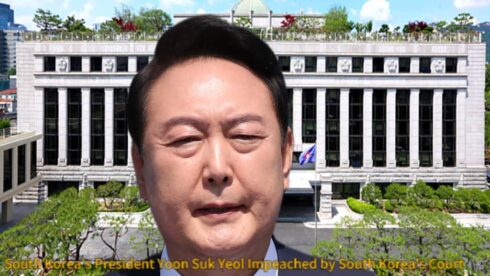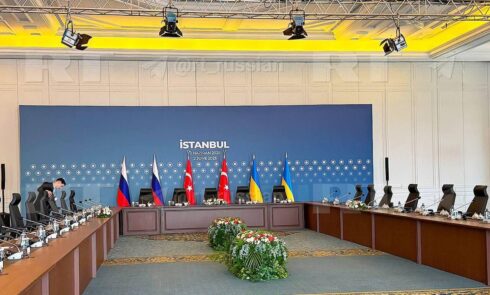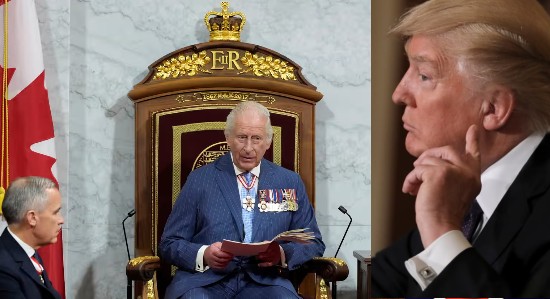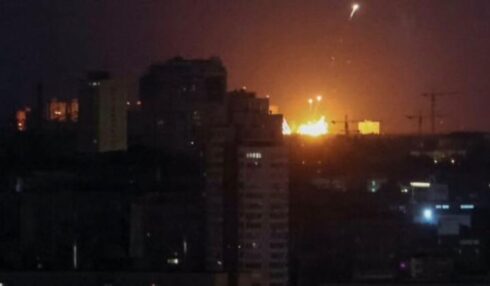Yoon Suk Yeol has been officially ousted from office by South Korea’s Constitutional Court in a stunning and unprecedented decision that has thrown the nation’s political system into chaos. The court ruled that Yoon’s actions during his presidency amounted to “grave violations” of the Constitution, accusing him of abusing executive authority and undermining key democratic principles. This landmark ruling terminates Yoon’s controversial term prematurely and sends shockwaves through the highest levels of government.
Yoon Suk Yeol, once hailed as a hardline prosecutor and political outsider with a reformist agenda, now leaves office under a cloud of legal disgrace and public mistrust. His removal not only ends his tenure as president but also cements his legacy as one of the most divisive leaders in South Korea’s modern history. The ruling has triggered fierce debate nationwide about presidential accountability, political overreach, and the strength of constitutional law.
Yoon Suk Yeol at the Center of Constitutional Crisis
Yoon Suk Yeol became the central figure in what legal analysts are now calling the most serious constitutional crisis since the impeachment of Park Geun-hye. The Constitutional Court found that Yoon routinely bypassed parliamentary oversight, manipulated government agencies to target political opponents, and violated the separation of powers by interfering with judicial processes. These actions, the court said, “posed a direct threat to the democratic order.”
Yoon Suk Yeol’s legal team had argued that his actions were well within the scope of presidential authority and portrayed the charges as politically motivated. However, the court was unmoved, delivering a unanimous decision that cited a consistent and intentional pattern of misconduct. With no further avenues for appeal under domestic law, Yoon’s removal is final—cementing a judicial precedent that could redefine presidential power in South Korea.
Yoon Suk Yeol Sparks Nationwide Divide After Ouster
Yoon Suk Yeol’s removal has intensified a growing national divide, with his supporters denouncing the court’s decision as a judicial coup and his opponents celebrating it as a victory for the rule of law. Protests have erupted in Seoul and across provincial capitals, with massive crowds gathering in both support and opposition of the fallen president. The atmosphere remains tense, with fears of civil unrest growing as factions clash in the streets and online.
Yoon Suk Yeol continues to polarize South Korean society, even in defeat. His critics accuse him of authoritarian tendencies and dismantling institutional checks and balances, while his loyal base insists he was a victim of elite collusion. Social media platforms are ablaze with competing narratives, and prominent politicians from all sides are using the moment to score political points ahead of the looming snap election.
Yoon Suk Yeol Leaves Power Vacuum and Political Chaos
Yoon Suk Yeol’s sudden exit leaves South Korea facing a dangerous political vacuum. Under constitutional law, Prime Minister Han Duck-soo has assumed the role of acting president, but the urgency of organizing a new presidential election within 60 days adds pressure to an already volatile political climate. The ruling party, still reeling from the shock, has yet to announce a clear strategy or candidate to replace Yoon.
Yoon Suk Yeol’s fall has ignited a fierce power struggle within both conservative and progressive blocs. Key figures are emerging to fill the leadership void, while others distance themselves from Yoon’s tarnished legacy. With regional security challenges and economic instability looming, global partners are watching closely to see if South Korea’s democratic institutions can withstand the pressure and restore order.
Yoon Suk Yeol’s Presidency Collapses Under Corruption Scandals
Yoon Suk Yeol’s downfall was accelerated by a string of damaging corruption scandals that crippled his credibility and government effectiveness. Investigations uncovered evidence linking his close aides to financial misconduct, illicit lobbying, and campaign finance violations. Even more damning were reports that Yoon had weaponized state intelligence agencies to monitor journalists and intimidate opposition lawmakers.
Yoon Suk Yeol, despite vehement denials, failed to escape the growing mountain of evidence and public disillusionment. His approval ratings plummeted as more whistleblowers came forward, and trust in his administration collapsed. What began as isolated incidents quickly snowballed into a systemic crisis of governance, ultimately convincing the Constitutional Court that his removal was not only lawful, but necessary for the preservation of democratic order.
Yoon Suk Yeol’s Legacy: Cautionary Tale or Political Martyrdom?
Yoon Suk Yeol’s removal forces South Korea to confront hard questions about executive power, accountability, and the health of its democracy. To some, Yoon’s presidency is a cautionary tale of how unchecked ambition and institutional defiance can unravel a political career. His fall serves as a stark reminder that no leader, no matter how popular or powerful, is immune from the rule of law.
Yoon Suk Yeol, however, is unlikely to disappear from public life. His supporters already frame him as a political martyr and are calling for a future run once the dust settles. Whether history remembers him as a reformer derailed by resistance, or as a power-hungry leader undone by his own excesses, remains to be seen. What’s certain is that Yoon’s dramatic ouster will shape the trajectory of South Korean politics for years to come.














